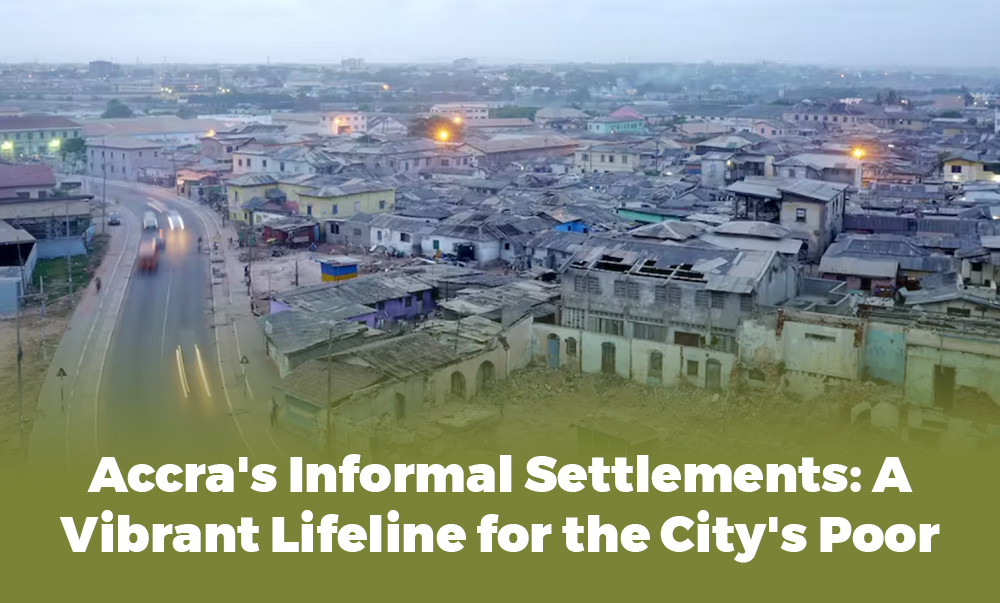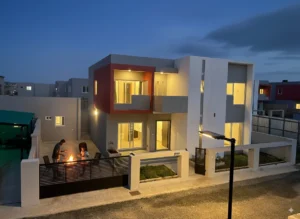Accra, the bustling capital of Ghana, is home to a diverse range of people from all walks of life. The city’s population is constantly growing, and with it, the demand for housing. However, the cost of housing in Accra has skyrocketed in recent years, making it difficult for many people to afford a decent place to live. In response to this housing crisis, Accra’s informal settlements, also known as slums, have sprung up all over the city.
The Benefits of Accra’s Informal Settlements
Informal settlements offer residents several advantages, including:
Affordable housing: Informal settlements provide affordable housing for people who would otherwise be unable to afford to live in the city.
Sense of community: Informal settlements often have a strong sense of community, as residents support each other and work together to improve their lives.
Access to jobs and essential services: Informal settlements are often located close to job opportunities and essential services, making it easier for residents to access the things they need.
Contributions to the city’s economy: Informal settlements play a significant role in the city’s economy by generating employment and supporting small businesses.
Challenges
Despite their many benefits, informal settlements also face several challenges, including:
Lack of basic infrastructure and services: Informal settlements often lack access to basic infrastructure and services, such as clean water, sanitation, and electricity. This can lead to health problems and other challenges for residents.
Stigma: Informal settlements are often stigmatized as dangerous and unhealthy places to live. This stigma can make it difficult for residents to access essential services and opportunities.
Vulnerability to flooding and natural disasters: Informal settlements are often located in areas that are vulnerable to flooding and natural disasters. This can put residents at risk and damage their homes and businesses.
What Can Be Done?
Governments and other stakeholders can take several steps to improve the lives of informal settlement residents, including:
Providing essential infrastructure and services: Governments can provide financial support for upgrading projects that improve access to clean water, sanitation, and electricity in informal settlements.
Collaborating with residents: Governments and other stakeholders can work with residents to develop and implement upgrading plans that meet their needs.
Recognizing the value of informal settlements: Governments should recognize the value of informal settlements and work to integrate them into the city’s development plans.
Supporting community-based organizations: Governments and other stakeholders can support the development of community-based organizations that provide essential services and advocate for the rights of informal settlement residents.
Accra’s informal settlements are an essential part of Accra’s fabric, providing affordable housing and contributing to the city’s economy. However, they also face several challenges. Governments and other stakeholders should work with residents to improve living conditions and ensure their inclusion in the city’s development initiatives.


